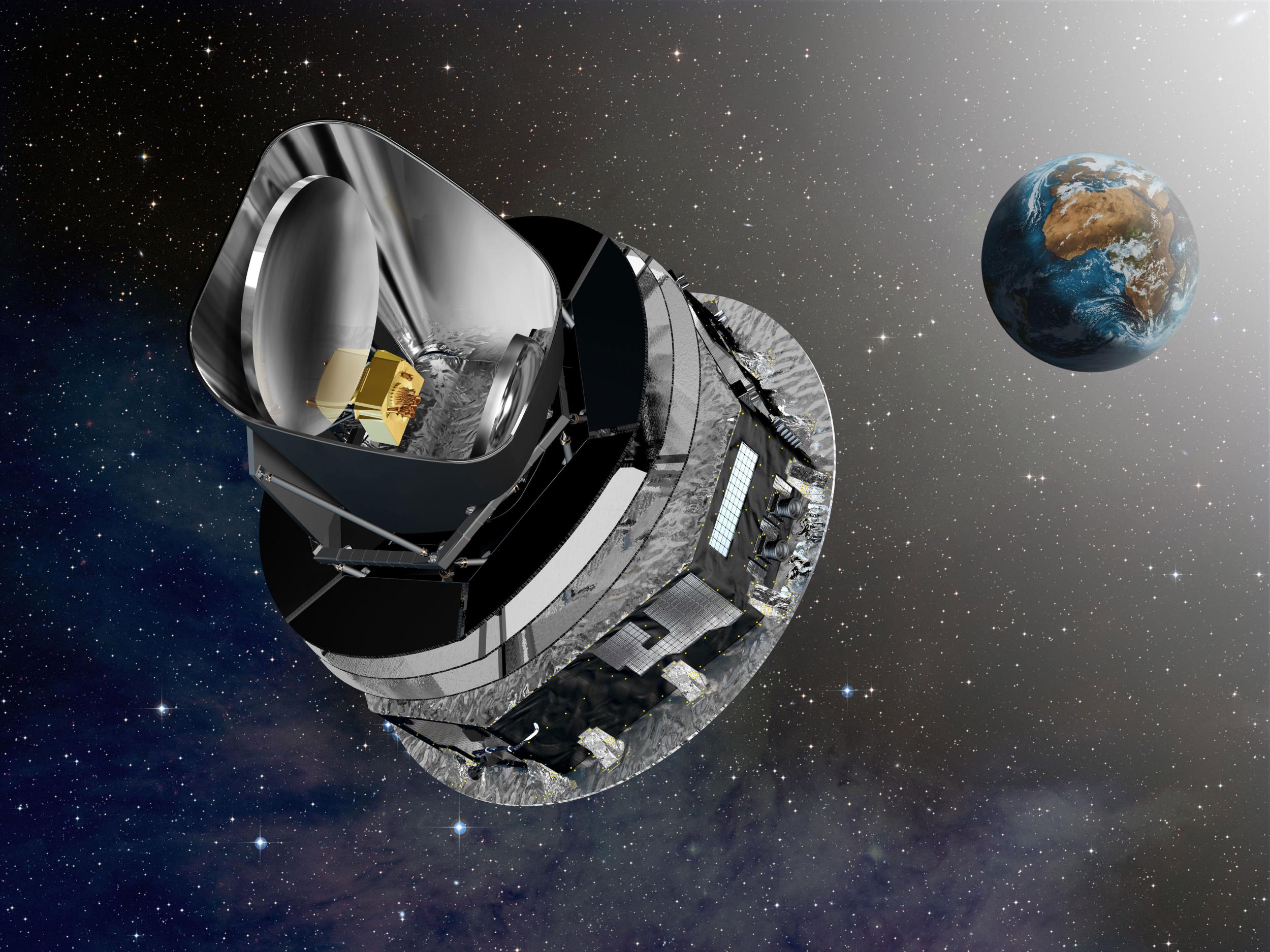Light spotted in space might have spilled through from another universe, scientists say
Bright patches might be left over from another universe that began very close to ours, scientists suggest

Your support helps us to tell the story
From reproductive rights to climate change to Big Tech, The Independent is on the ground when the story is developing. Whether it's investigating the financials of Elon Musk's pro-Trump PAC or producing our latest documentary, 'The A Word', which shines a light on the American women fighting for reproductive rights, we know how important it is to parse out the facts from the messaging.
At such a critical moment in US history, we need reporters on the ground. Your donation allows us to keep sending journalists to speak to both sides of the story.
The Independent is trusted by Americans across the entire political spectrum. And unlike many other quality news outlets, we choose not to lock Americans out of our reporting and analysis with paywalls. We believe quality journalism should be available to everyone, paid for by those who can afford it.
Your support makes all the difference.Scientists might have spotted another universe, just next to ours.
Scientists have spotted a glow in space that might have come from another universe, outside of ours, that we were alongside when the matter that surrounds us first came into existence.
It has long been thought that our universe probably isn’t the only one that emerged from the Big Bang: our universe might just be one bit of an eternally inflating larger thing. Instead, it’s likely that a number of bubbles of different universes emerged — but we’re unlikely ever to be able to get to or know anything about them.
We might be able to get a peek at one if it had started out close enough that they were touching, with those collisions leaving “signatures” in our universe.
To find the traces, scientists compared a map of the cosmic microwave background of the universe — which is made up of light left over from the early universe — with a picture of the entire sky taken by the European Space Agency’s Planck telescope. When they subtracted one from the other, there was an eerie patch of light left in the sky, which could be left over from collisions with other universes.
The findings — reported by Ranga-Ram Chary in a paper titled ‘Spectral Variations of the Sky: Constraints on Alternate Universes’ this month and reported by New Scientist — show that the universe would have to have a very different makeup to ours. But that is possible, since alternative universes could be wildly different from our own.
The information used in the study comes from the PLanck telescope, which is one of the satellites put into space to study the cosmic microwaves that are spread throughout space, or the CMB. Just before the Big Bang, all of the matter in existence was squished into one very small, energetic ball — which was then flung out, creating the still expanding universe that we live in, as well as any other potential ones that we might never see.
All of the heat that was in that ball has gradually cooled, leaving the universe at three degrees before absolute zero. Those three degrees of energy are the microwave background that are studied by telescopes like Planck, which was launched in 2009 and followed other satellites such as the Cosmic Background Explorer and the Wilkinson Microwave Anisotropy Probe.
Scientists aren’t yet sure that the extra light has come from another universe. And New Scientist cautions getting too excited over the findings — similar ones last year turned out to have been caused by space dust getting in the way.
But Nasa hopes to soon ask for funding for Pixie, the Primordial Inflation Explorer. That will help provide much more detail on the signals, helping us reconstruct how the universe is inflating and telling us what we should be looking for to check whether we might once have touched other universes.
Join our commenting forum
Join thought-provoking conversations, follow other Independent readers and see their replies
Comments